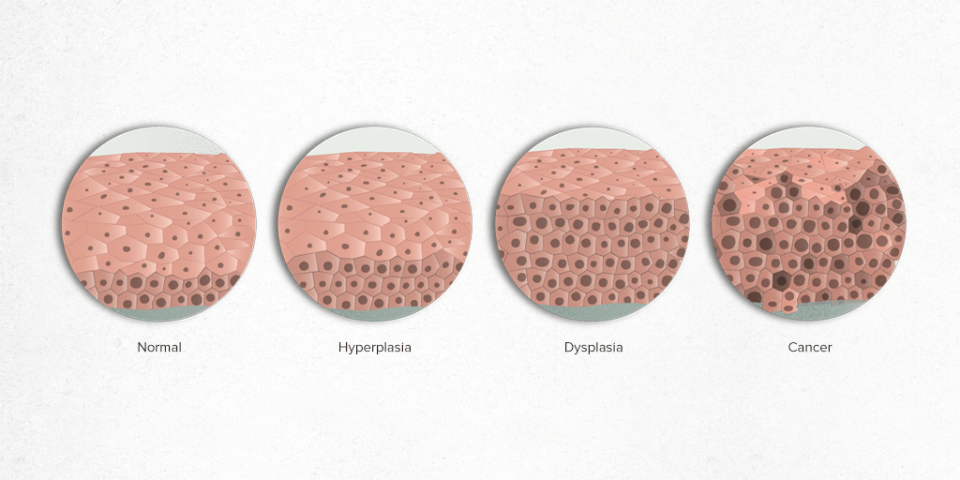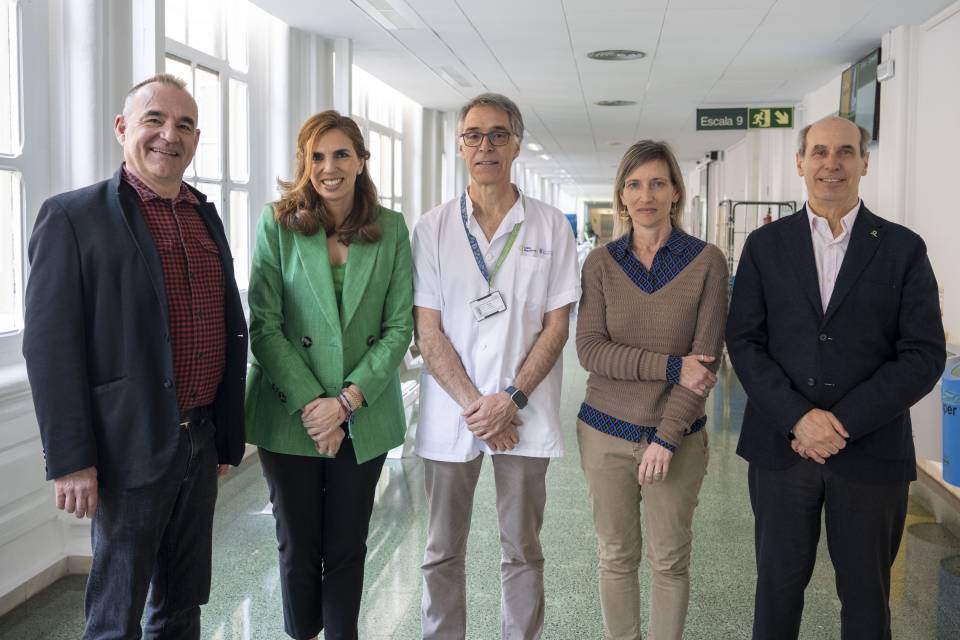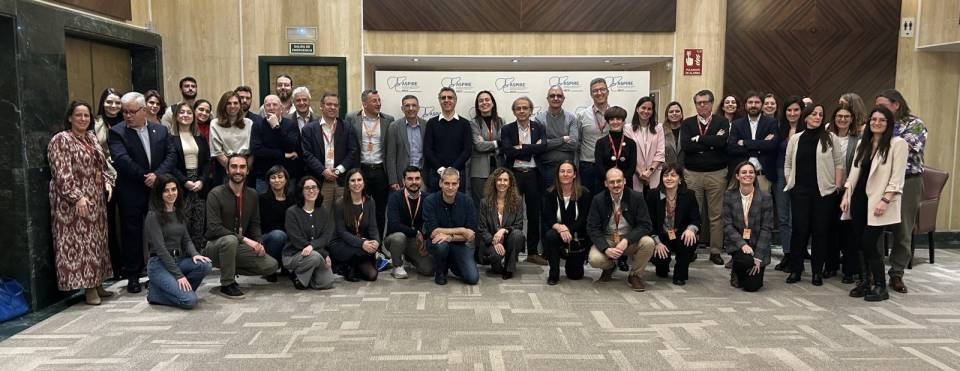What is Cancer?
Living with the disease
Substantiated information by:
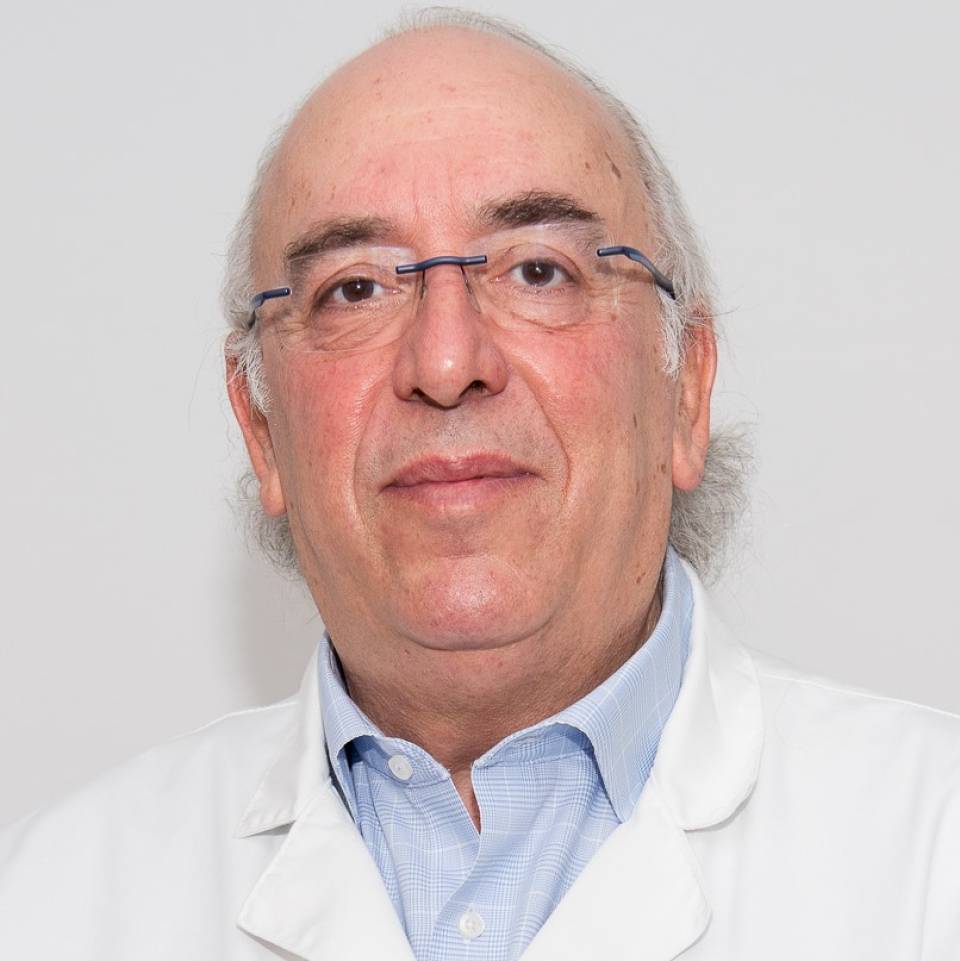

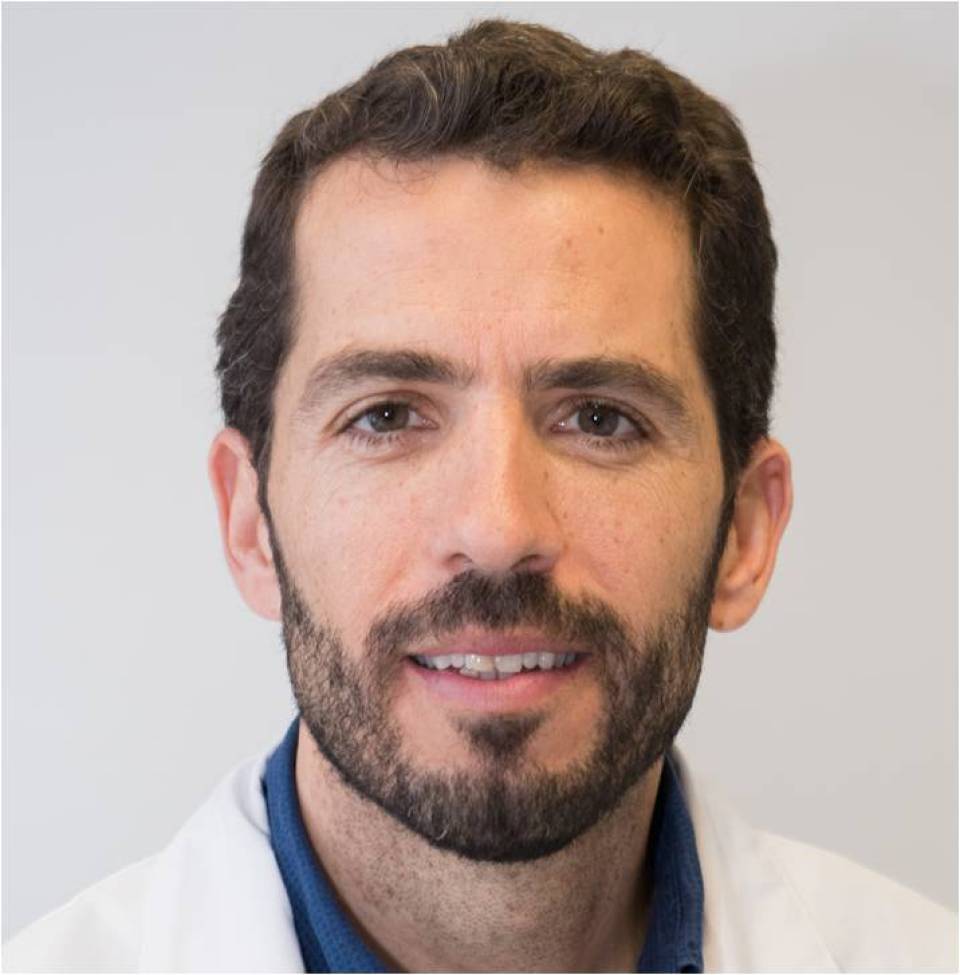
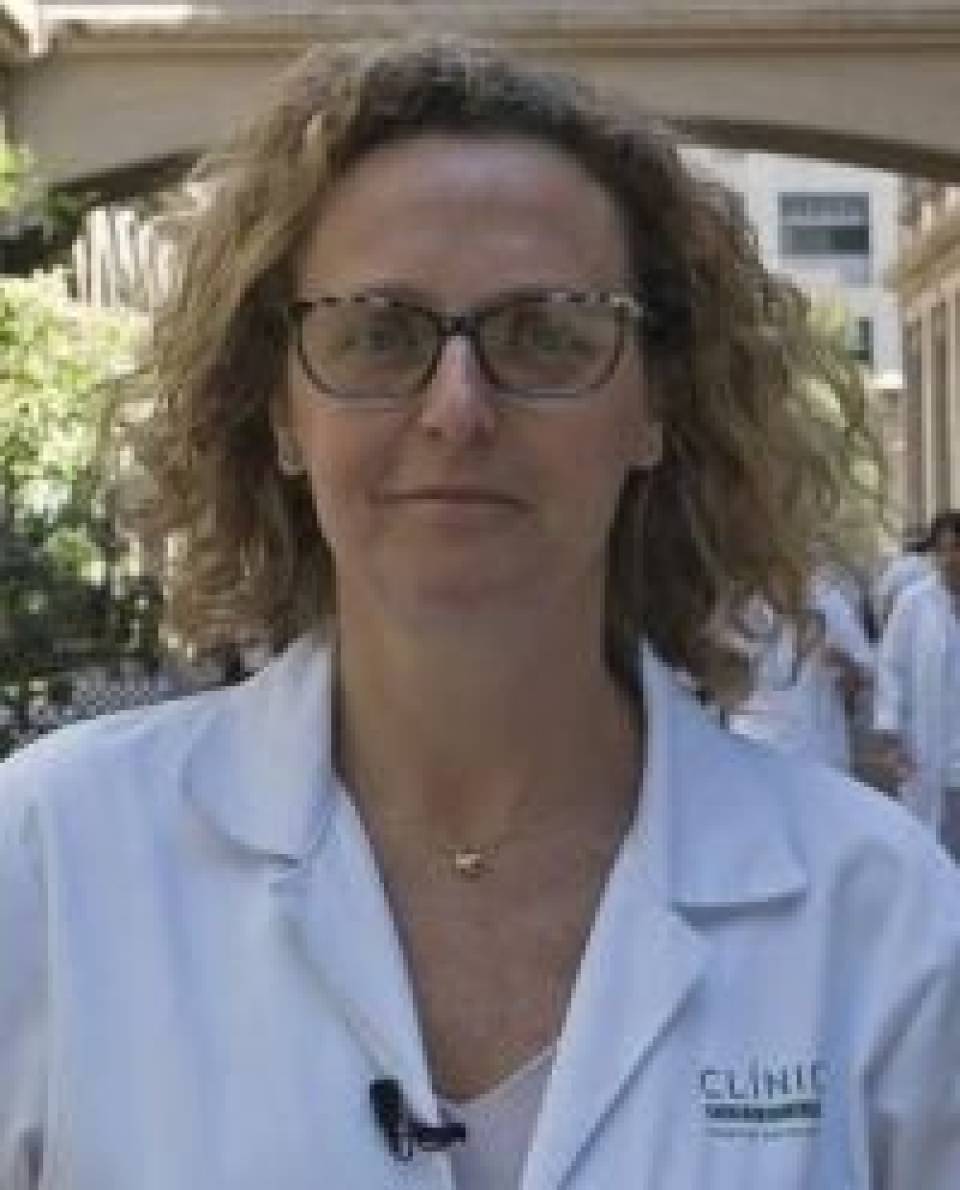
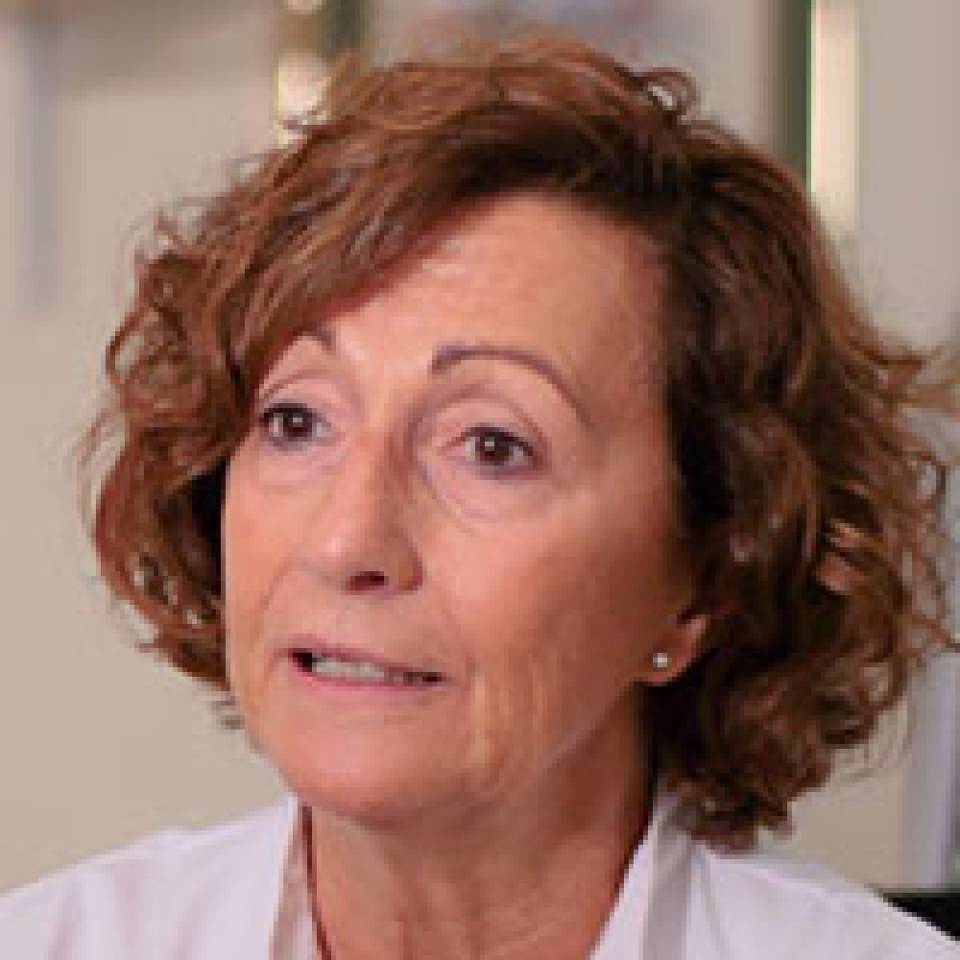
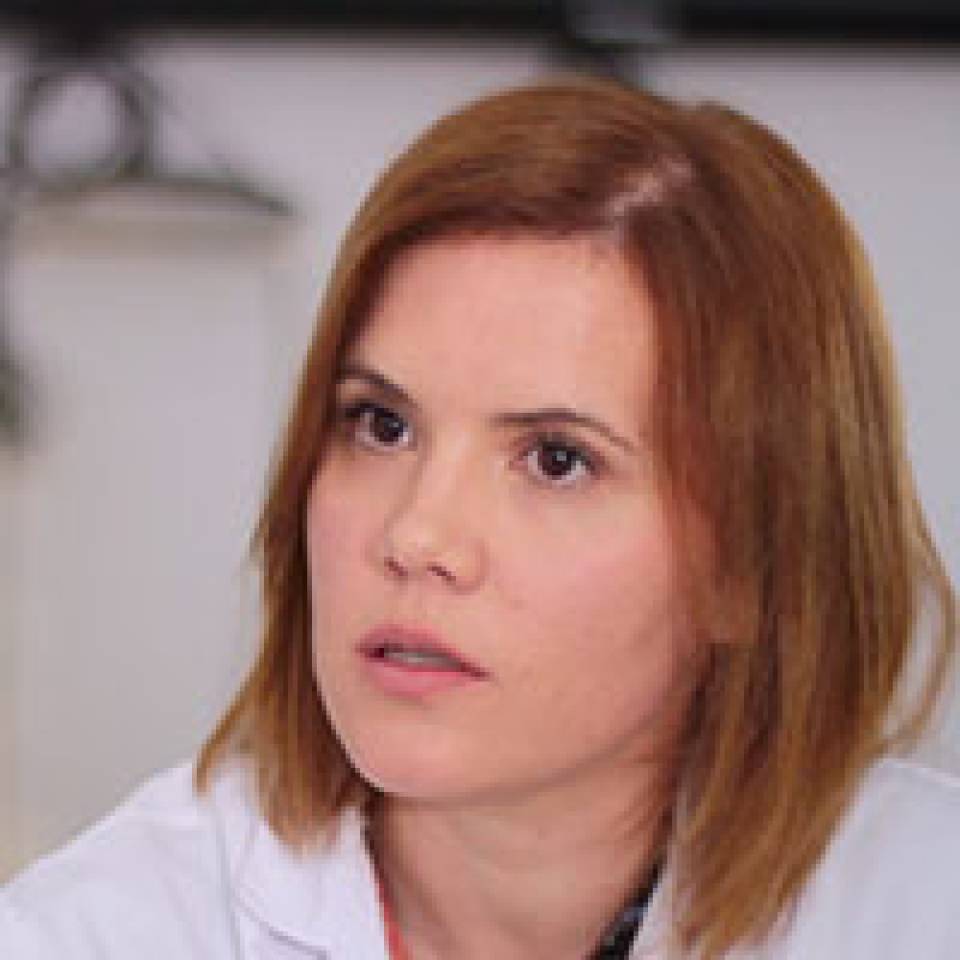

Published: 12 November 2018
Updated: 20 November 2018
Subscribe
Receive the latest updates related to this content.
Thank you for subscribing!
If this is the first time you subscribe you will receive a confirmation email, check your inbox
